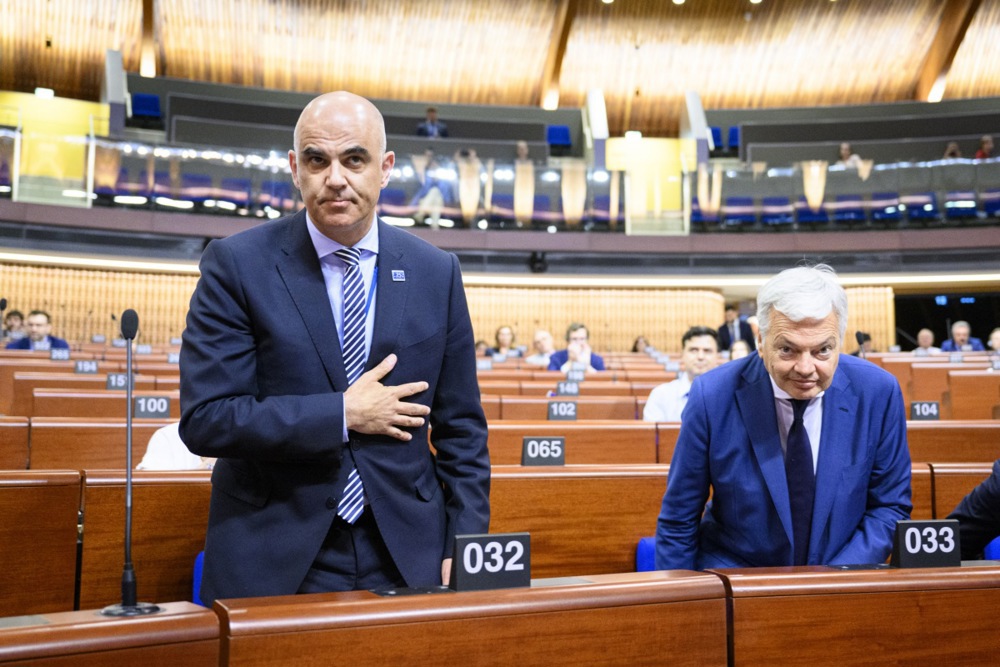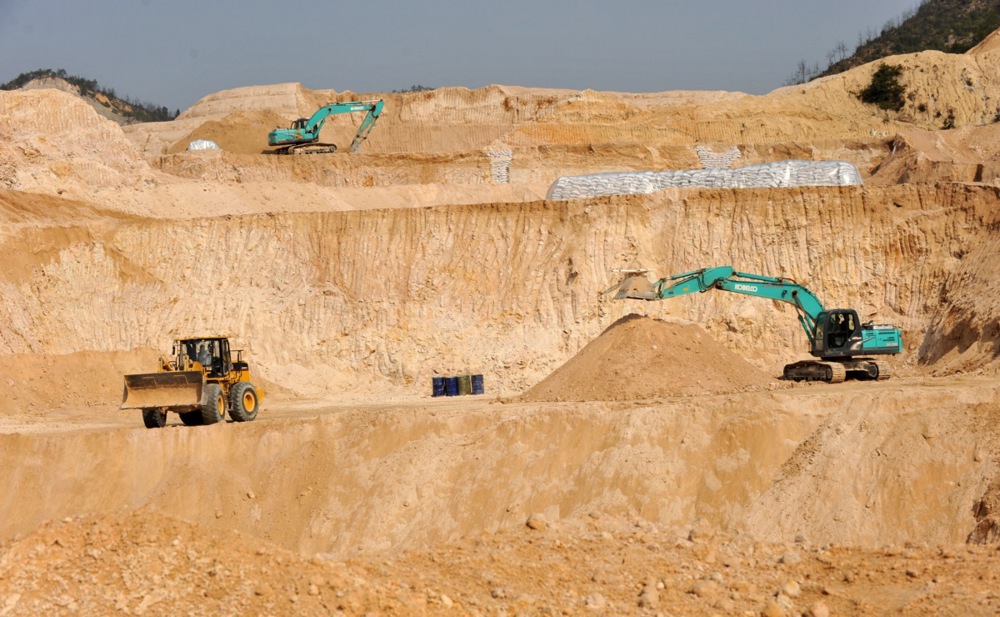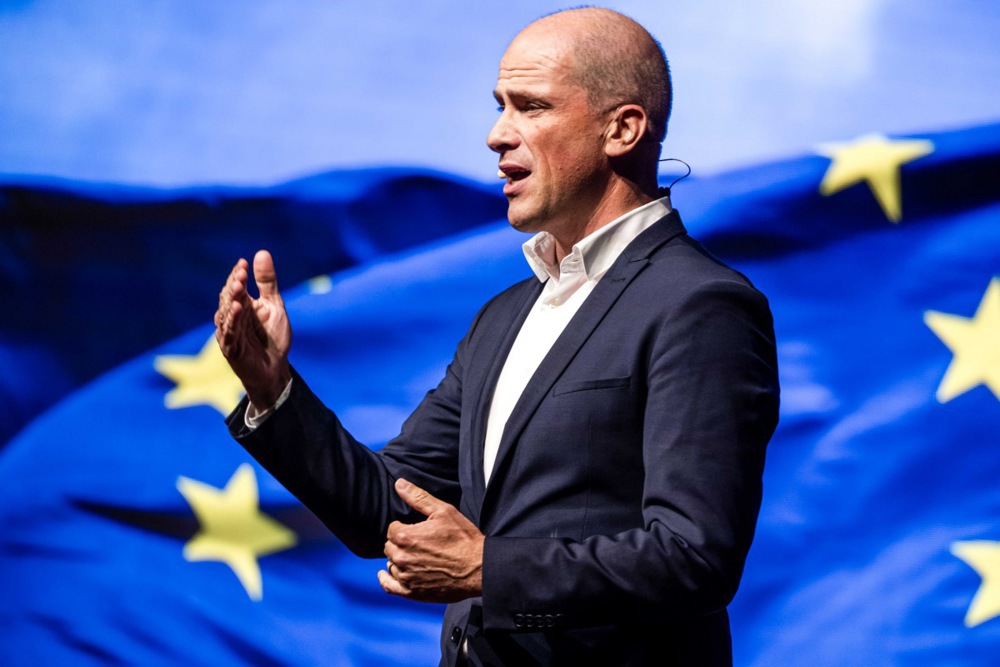Hungarian Prime Minister Viktor Orbán’s new right-wing group in the European Parliament, Patriots for Europe, is in talks with a number of new potential members.
On June 30, Orbán said his Fidesz party had joined forces with Austria’s hard-right Freedom Party (FPÖ) and ANO, Czechia’s main opposition party that recently broke away from the Liberal Renew Europe group.
Other right-wing parties are now set to join, possibly weakening Italian Prime Minister Giorgia Meloni’s European Conservatives and Reformists (ECR) group. Alternative für Deutschland’s (AfD) future group is still uncertain.
Today we launched what will soon be the strongest right-wing political group in Europe. #PatriotsforEurope pic.twitter.com/loXD370dUU
— Orbán Viktor (@PM_ViktorOrban) June 30, 2024
Initially, left-wing observers reacted condescendingly towards the project, saying only three minor countries were represented in Orbán’s new group. Now there are signs that might soon change and the alliance could become a leading light in the EP.
Orbán’s group offers notable ideological flexibility, potentially allowing for an expanded coalition with other groups.
In particular, the Identity and Democracy (ID) faction seems poised to join its ranks, at a time when ID-member parties are in government (in Italy and the Netherlands) or are expected to make up governments (France and Austria).
André Ventura, leader of the Portuguese Chega party, which like the FPÖ is part of ID, told the media on June 30 that he favoured joining the Patriots alliance and would float the idea on July 2 at a party gathering.
Ventura said other right-wing populist parties would also soon join the Patriots for Europe.
“Our party was invited to join this group from its inception,” Ventura said, adding the coalition aimed to “unite the Right” in a cohesive effort to counter Socialism.
The group’s primary focus includes addressing immigration into Europe, sovereignty, combating corruption and alleviating the tax burden on the middle class.
?@AndreCVentura: "Portugal's @partidochega joins Patriots for Europe! "
? Following Sunday's signing in Vienna, the European right-wing parties are joining the forming Patriots for Europe alliance. Chega's president announced their intent to be part of this sovereignist… pic.twitter.com/TMpdmNFJnc
— Zoltan Kovacs (@zoltanspox) July 1, 2024
On July 1, Italian League leader Matteo Salvini said there was a good chance his party would also sign up for the Patriots.
“Joining those putting jobs, the family and the future of young people at the centre seems the right road to me,” Salvini told Rai radio.
“It’s what the League has been calling for for some time. We are examining all the documents, but it seems the right road to me.”
Italian sources claimed that the announcement was co-ordinated with Marine Le Pen, the de facto leader of France’s hard-right National Rally (RN).
Le Pen’s prominence in European right-wing politics continues to grow.
“While Orbán seems the protagonist from the outside, it is Le Pen who really directs the games,” Italian newspaper Domani stated.
Combining the Conservative governments of Italy and Hungary, Slovakia’s Eurosceptic administration, the Netherlands’ new coalition with Geert Wilders and a potential RN-led French Government might have far-reaching consequences, the Financial Times noted.
It would, the paper said, result in a bloc of five Member States that collectively represented 35.7 per cent of the EU’s population, thus holding a blocking minority in the European Council under the qualified majority voting system.
Another prospective candidate is the Polish Law and Justice party (PiS). Talks with former Polish prime minister Mateusz Morawiecki have reportedly been held. Spain’s Vox has also been named by some news outlets as a possible new member of the alliance.
Another potential signing is the Slovenian Democratic Party, led by former prime minister Janez Jansa, which is currently part of the European People’s Party (EPP).
With the Patriots alliance being held together by a loose manifesto, it is also unclear what might happen with the AfD, the hard-right party that was kicked out of the ID group but which carries considerable weight.
“The AfD and its delegation in the EP are currently holding many talks with all the blocs relevant to us in the European Parliament,” Sebastian Münzenmaier, deputy leader of the AfD’s parliamentary group in the Bundestag, said on July 1.
Maximilian Krah, who was booted out of the AfD recently over some improper remarks, told Ansa news outlet that the Patriots alliance was “a restyling of the ID group”.
At the June 30 launch of the group in Vienna, Orbán stated: “The political change in Europe has begun…European people want three things: Peace, order and development. And what they get from the current Brussels elite is war, migration and stagnation.
“In this situation it is our duty to enforce the will of the voters,” he said.
Orbán pointed out that the three parties at the launch of the new group were all the biggest in their respective countries and that their united goal was to become the strongest right-wing group in European politics.
To be recognised in the European Parliament, any political group needs at least 23 MEPs and representatives from at least seven Member States.
The deadline for registering political groups is July 4.





